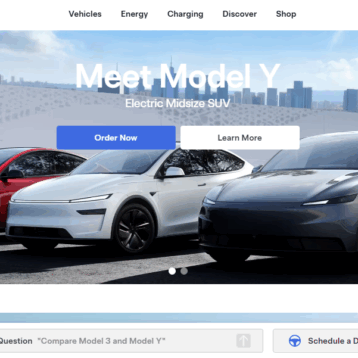
You’ll utilize your car more than any other possession you own. To keep themselves and others safe on the road and extend their vehicles’ life in optimal condition, motorists must acquire the knowledge necessary to maintain their vehicles properly. Neglecting vehicle maintenance can lead to expensive problems in the future, especially if you don’t have car insurance.
Check Your Brakes
If your brakes are worn, and you need to brake suddenly, you may not be able to stop in time to avoid an accident. Know the warning signs of a failing brake system. Keep an ear out for creaking noises, and watch for the brake pedal to shake as you apply pressure. These are symptoms that your brakes need to be checked by a professional.
Keep the Vehicle Clean
Vehicles that are cleaned regularly remain in good shape and increase the driver’s safety. It’s dangerous to have a cluttered car because things can slide beneath the brake pedal or fly off the seat in the event of an emergency stop. Damage to your car’s exterior from weather conditions can be avoided with regular maintenance. In the winter, road salt can corrode your car’s underside, and year round dirt and dust can harm the paint. Maintaining your vehicle’s cleanliness and safety with regular washings is essential.
Regular Tire Checkups
The maintenance of your tires is an essential part of primary auto care. It increases their lifespan, provides a smoother ride, lowers your risk of getting into an accident, and improves gas mileage. To avoid being stuck on the side of the road, routine tire maintenance can stop flats and blowouts. To ensure even wear, have your tires rotated and inspected regularly. To ensure that your tires are adequately inflated, check them frequently. They can endure rough roads and potholes if the proper pressure is maintained. Keep a spare tire in your trunk at all times in case of an emergency. You might also need to know how to fix a broken tire.
Schedule Regular Oil Changes
Oil is the engine’s blood unless it is an electric automobile. It’s the most crucial factor in ensuring your car lasts as long as possible by lubricating the engine and keeping it in good working order. A clean engine will provide better gas mileage, so it’s essential to get your oil changed often. Every automobile owner has to know where the dipstick is and how to check the oil level, whether they do it themselves or get it done at a shop. Knowing where your oil dipstick is located is an intelligent habit because it allows you to monitor your oil level between oil changes.
Buying a new automobile is a substantial financial commitment. It makes sense to care for your car properly from the start. Preventative maintenance on your car has multiple benefits, including a longer life and the possibility of avoiding costly repairs. Following the tips will ultimately reduce the impact of a car accident.










